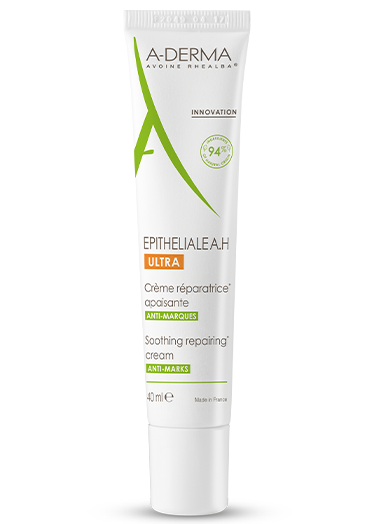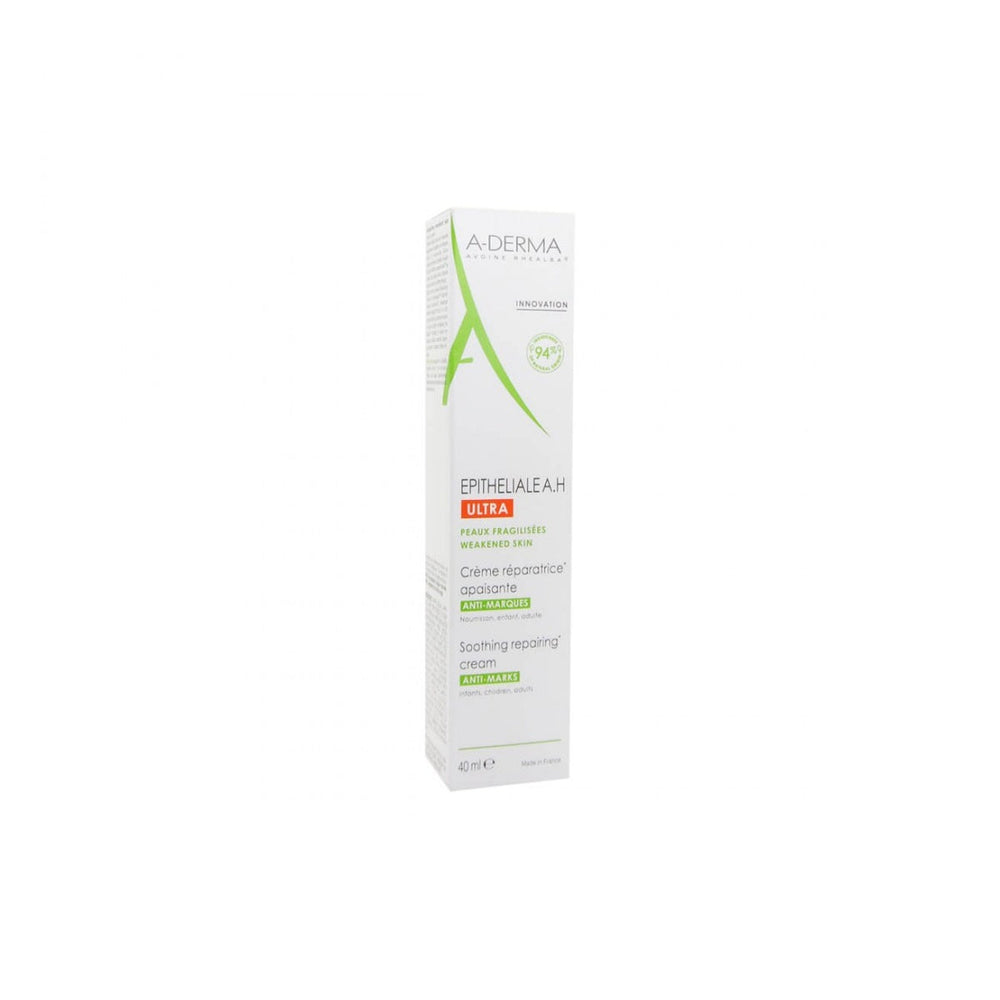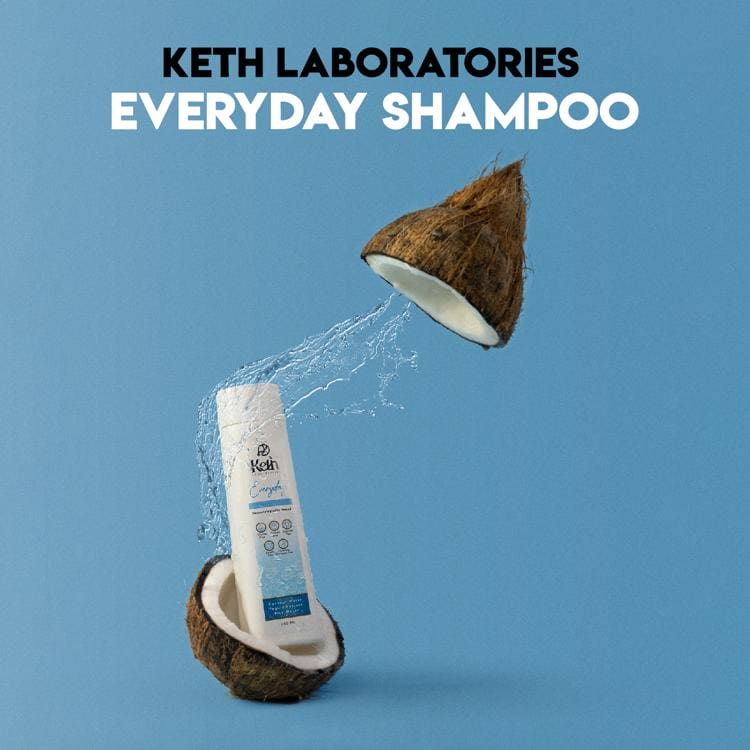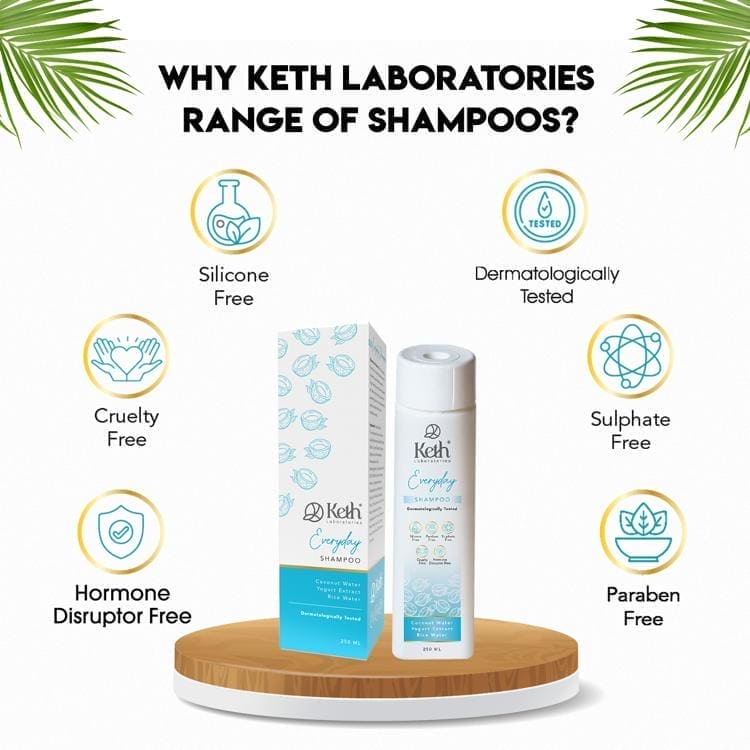Sun Protection from the Inside Out : The Power of Oral Sunscreen


How do they works?

- Oral sunscreens are supplements taken orally that contain natural ingredients to protect the skin from UV radiation. They work by neutralizing free radicals produced by UV radiation and enhancing the body's natural defense mechanisms against UV radiation. However, they are not a replacement for traditional sunscreens and should be used in conjunction with other protective measures such as wearing protective clothing and seeking shade during peak sun hours.
Pros and cons of Oral Sunscreen

Pros:
1. Convenient: Oral sunscreen is a simple and convenient way to add an extra layer of protection against UV radiation, as it can be taken orally like a regular supplement.
2. Antioxidant benefits: Some ingredients in oral sunscreens, such as vitamins C and E, may have antioxidant benefits that can help to protect the skin from free radical damage.
3. May enhance natural protection: Certain ingredients in oral sunscreen are believed to enhance the body's natural defense mechanisms against UV radiation, which can help to protect the skin from damage.
4. Can be used in addition to topical sunscreens: Oral sunscreen can be used in conjunction with topical sunscreens to provide additional protection against UV radiation.
5. May be useful for certain populations: Oral sunscreen may be useful for individuals with certain medical conditions or those who are unable to use topical sunscreen due to allergies or other sensitivities.
Cons:
1. Limited research: While some ingredients in oral sunscreen have been studied for their potential benefits, there is limited research on the overall effectiveness of oral sunscreen.
2. Not a substitute for topical sunscreen: Oral sunscreen should not be used as a substitute for topical sunscreen, which is still considered the most effective way to protect the skin from UV radiation.
3. Potential side effects: Some ingredients in oral sunscreen, such as Polypodium leucotomos extract, may cause side effects such as stomach upset or allergic reactions in some individuals.
4. May give false sense of security: Using oral sunscreen without also using topical sunscreen and other protective measures may give a false sense of security and lead to overexposure to UV radiation.
The Science Behind Oral Sunscreens: Which Ingredients Really Work?

Here are some ingredients that have been studied for their potential benefits in oral sunscreens:
1. Polypodium leucotomos extract: This extract is derived from a fern plant and has been shown in some studies to have antioxidant and anti-inflammatory properties that may help to protect the skin from UV radiation.
2. Vitamins C and E: These vitamins are potent antioxidants that can help to neutralize free radicals produced by UV radiation.
3. Beta-carotene: This is a type of carotenoid that is found in some oral sunscreens and is believed to have antioxidant properties that can protect the skin from UV damage.
4. Lycopene: This is another carotenoid that is found in some oral sunscreens and has been shown in some studies to have antioxidant properties that can help to protect the skin from UV radiation.
5. Fernblock: This is a proprietary blend of Polypodium leucotomos extract and other plant extracts that has been shown in some studies to have antioxidant and photoprotective effects on the skin.
How to Choose the Best Oral Sunscreen: Tips and Recommendations

Conclusion:












































































